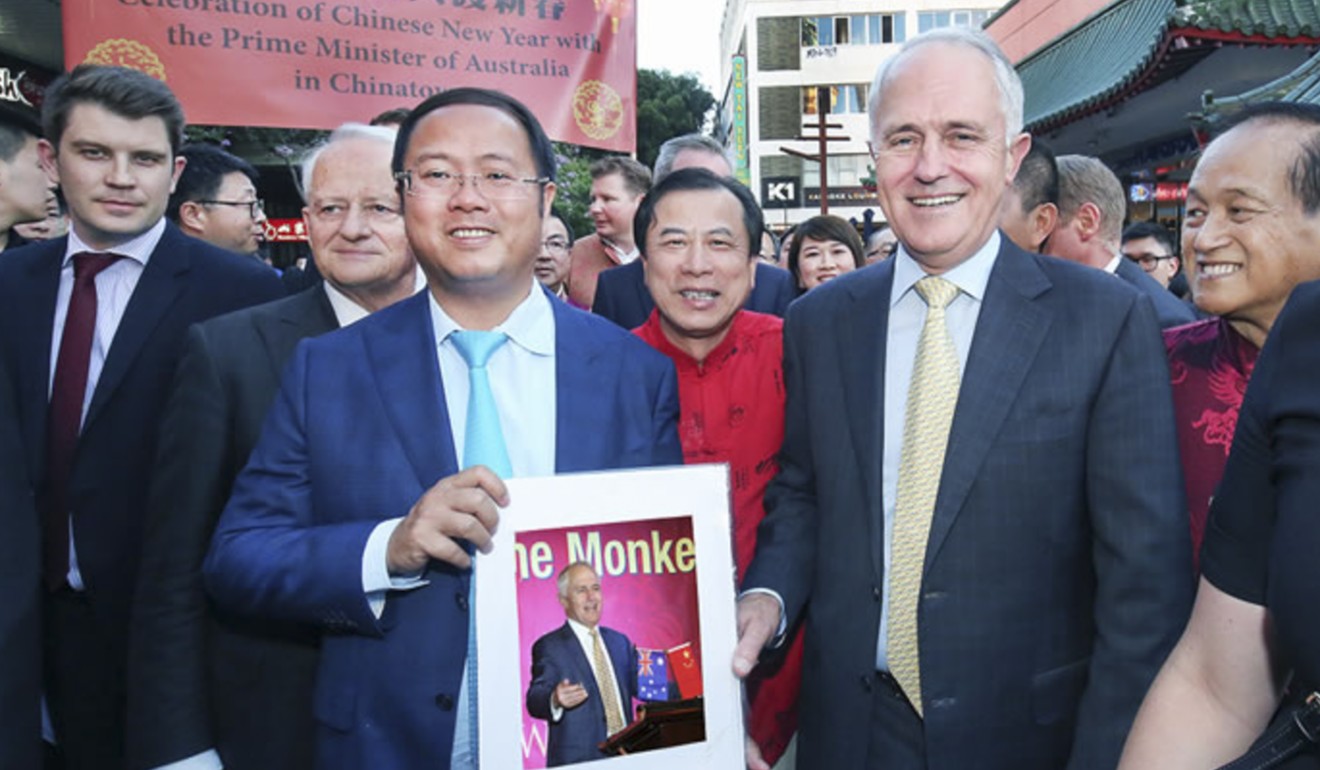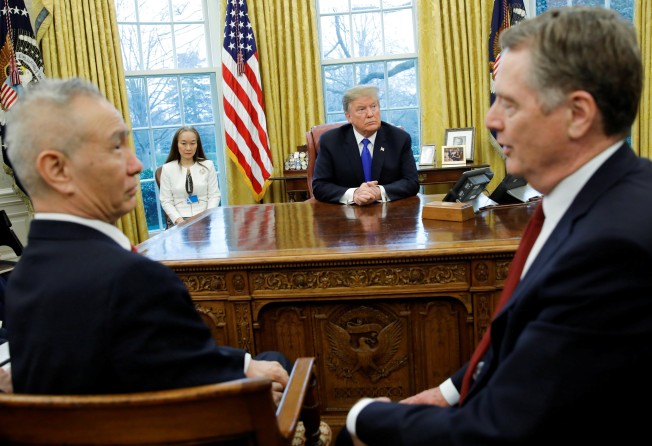
Trade truce or not, the era of US-China cooperation may be over. What should Hong Kong do?
- Despite Donald Trump announcing a delay in the trade deadline, growing mistrust between China and the West leaves smaller economies wondering how they will adjust

At the time of writing this column, the United States had postponed the deadline for a trade deal with China beyond March 1. If so, the US will not raise tariffs in the hopes that the two sides will agree on a deal at a summit later in the month.
Given our role in international trade and investment, there is a lot riding on this for Hong Kong. Indeed, millions of workers and consumers around the world would be worse off if trade relations between the US and China break down.
Yet this is just a sideshow to a much larger possible shift in international relations. Within just the last year or two, attitudes in Western countries have become noticeably more suspicious towards China, Chinese companies and even individuals. An obvious example is telecoms giant Huawei. A few years ago, it was welcomed in many Western markets as a highly competitive supplier. Now it finds itself possibly being barred from those same markets.
Another example is tycoon Huang Xiangmo. A few years ago, he was accepted within the Australian establishment for his mainland connections and as a political donor. Now Australia has cancelled his residency and refused his application for citizenship.

Then there are mainland students studying in the West, who are being criticised by classmates on their campuses for their stance on issues like Tibet, or who are increasingly suspected of spying in research environments.
Perceptions have shifted, and quite suddenly. There is a real possibility that this is just the beginning of a longer-term breakdown of understanding, trust, and relationships.
Part of the problem is that mainland companies and individuals can be caught in a very difficult position. If they behave in a way that goes down well among business, official, academic or other circles back in China, they find themselves creating suspicion and hostility in other countries.
This problem with perceptions works in both directions.
For years, foreign investors and companies have been coming to China, and many of them – including some big US names like Coca-Cola and Starbucks – have done very well. To mainland officials, this proves that China has been opening its market. Now Western governments have started to become much more critical of China’s state-managed economic policies – especially efforts to expand its commercial and economic strength through the “Belt and Road” and “Made in China 2025” initiatives.
To many Chinese officials, businessmen and academics, this looks like an unmistakable attempt by the West to stop China’s rise.
This may seem extreme, given how Western investment and trade with China have been crucial to China’s progress over the last 30 years. But from a mainland point of view, it seems very real and logical.
Both China and the West are facing structural economic challenges. Many are similar – like debt, inequality, automation, ageing populations and climate change. Leaders are rightly concerned, and they want their people to see that they are putting national interests first.
One effect of this is that on both sides, rhetoric and behaviour intended to impress domestic audiences are alarming overseas ones. In just a few years, each side has started to appear more threatening to the other. The outcome is that after decades of globalisation, we could be seeing the beginning of a world trend towards nationalism and protectionism.
What can Hong Kong do about this?
Realistically, not much. Some well-connected members of the community are trying to encourage dialogue in international forums. Our officials are listening to ideas on how they can help the economy if things get bad. Some businesses are rethinking plans – for example, redirecting investment away from the US and China to more “neutral” places, like Southeast Asia.
Hong Kong is open and flexible. Maybe poorer relations between China and the West could open up new opportunities – for example, if mainland scientists and other talent relocate here from the US. Maybe “Greater Bay Area” integration will give us a boost as a sort of mini version of globalisation. Perhaps Asian regional trade and investment will go against global protectionist trends.
But these do not sound like they can fully compensate for the decline of the international economic system that has transformed Hong Kong over the last 30 or so years. All we can do is hope that the world’s great powers can work together. Maybe the postponement of the tariffs deadline is a start.
Bernard Chan is convenor of Hong Kong’s Executive Council